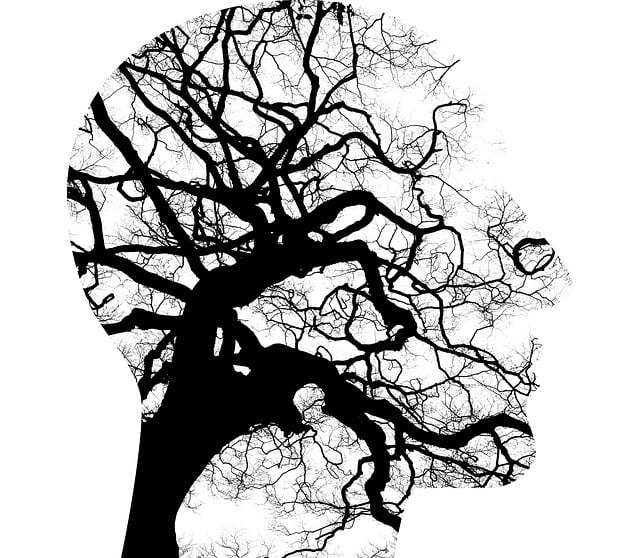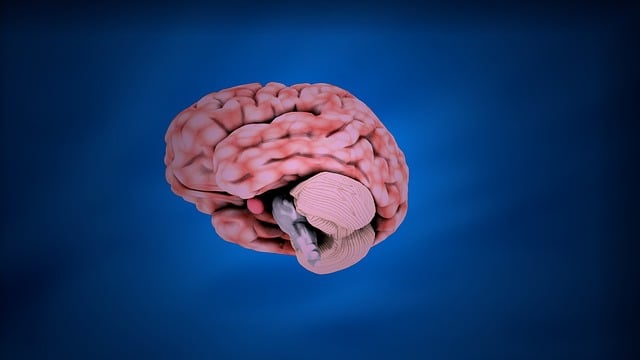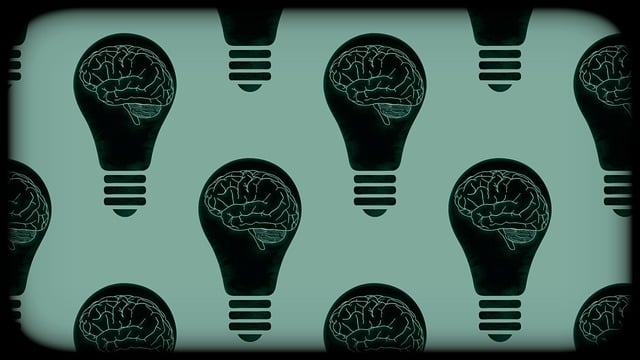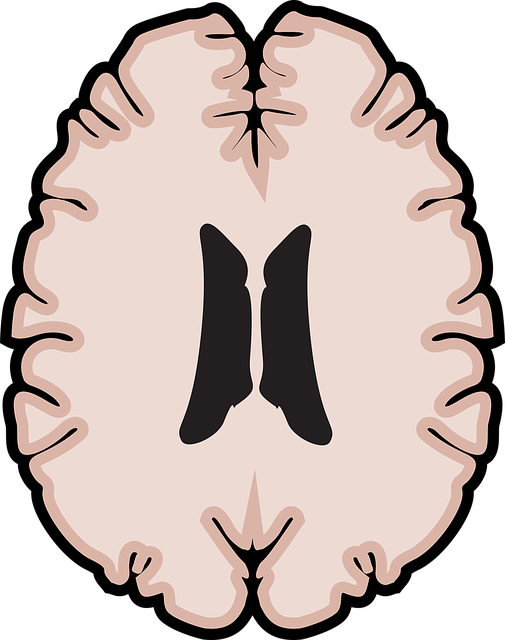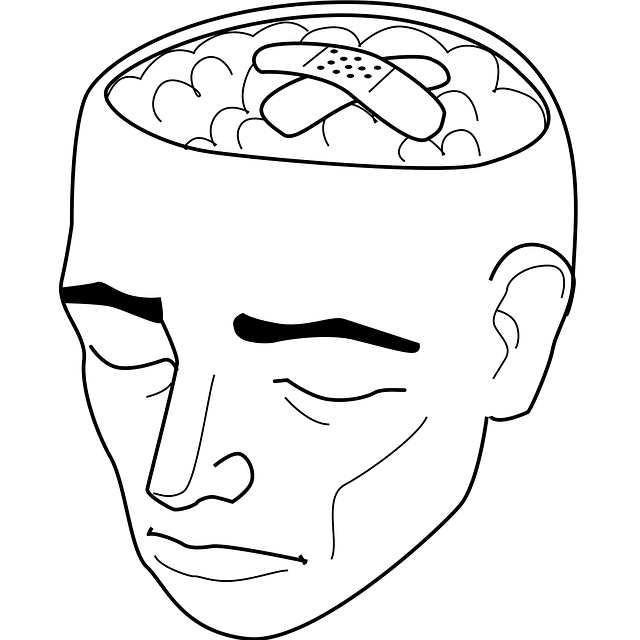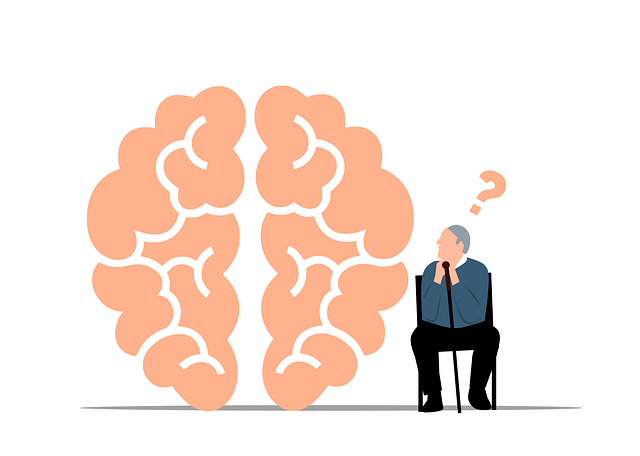Therapy for young children experiencing divorce and related grief requires specialized approaches like play therapy and mindfulness meditation. These techniques help children process complex emotions, manage stress, and build coping mechanisms through age-appropriate guidance and creative expression. Community support groups and outreach programs further enhance healing by fostering a sense of belonging and compassion. By combining professional counseling with practical strategies, young minds can develop emotional intelligence, resilience, and adaptability to navigate life's difficulties stemming from divorce or significant loss.
Loss, grief, and bereavement can profoundly impact young children, especially during or after a parent’s divorce. This article explores these complex emotions and offers insights into therapeutic approaches tailored for children grappling with loss. We delve into strategies to support their emotional healing, focusing on post-counseling care that fosters resilience. Understanding the unique needs of young minds, we provide guidance for parents and caregivers navigating the challenges of divorce, offering therapy as a powerful tool to help kids process grief and build strength.
- Understanding Loss, Grief, and Bereavement in Young Children
- The Impact of Divorce on Children's Emotional Well-being
- Therapeutic Approaches for Grieving Children
- Strategies to Support Kids Through the Healing Process
- Finding Comfort and Resilience: Post-Counseling Support for Families
Understanding Loss, Grief, and Bereavement in Young Children

Understanding loss, grief, and bereavement in young children is a delicate yet crucial aspect of counseling. Children, especially those experiencing therapy for young children divorce, may grapple with complex emotions such as confusion, anger, or even guilt. It’s essential to approach their emotional landscape with empathy and sensitivity, recognizing that their understanding of loss is shaped by their developmental stage. Early childhood professionals play a vital role in guiding these young minds through the process, fostering inner strength development and helping them develop coping mechanisms that will serve them throughout life.
The impact of losing a loved one can be profound for children, often leading to questions about death and the shifting dynamics within their families. Through specialized counseling, mental health awareness initiatives, and mental illness stigma reduction efforts, children can learn to process these experiences in healthy ways. By normalizing their feelings and providing safe spaces for expression, counselors contribute to a positive outcome, enabling young individuals to build resilience and navigate future challenges with increased emotional intelligence.
The Impact of Divorce on Children's Emotional Well-being

When parents decide to part ways, it can significantly impact their children’s emotional well-being. The process of divorce often leaves young ones feeling confused, scared, and uncertain about their future. They may struggle to understand the changes happening in their family dynamic and express these feelings in various ways. Some children might exhibit behavioral issues at school or home, while others may withdraw and become more quiet and reserved.
Therapy for young children experiencing divorce can be instrumental in helping them process these complex emotions. Through activities like mindfulness meditation and play therapy, kids can learn effective stress management skills tailored to their age group. A Mental Wellness Podcast Series Production focusing on this topic could provide valuable insights into the unique challenges faced by children during such a pivotal time, offering practical strategies for parents and caregivers to support their children’s mental wellness.
Therapeutic Approaches for Grieving Children

Children experiencing grief and bereavement often require specialized therapeutic approaches tailored to their unique needs. One effective method is play therapy, which allows young children to express their emotions through play and creativity. Therapists skilled in this technique can guide children to process their feelings, communicate about the loss, and develop coping strategies. This approach not only aids in understanding complex emotions but also facilitates self-esteem improvement by providing a safe space for exploration.
Additionally, incorporating compassion cultivation practices into therapy has proven beneficial. These practices encourage empathy, kindness, and self-compassion, helping children navigate their grief while fostering positive relationships with others. Community outreach program implementations can further enhance such therapeutic settings by offering support groups where children find peers facing similar challenges. This sense of belonging can significantly impact a child’s ability to process and overcome their grief, especially when coupled with effective therapy models.
Strategies to Support Kids Through the Healing Process

Supporting children through the healing process after a significant loss or bereavement is a delicate task that requires specialized strategies. When it comes to therapy for young children, especially those navigating Divorce, it’s crucial to understand their unique emotional needs. Kids often express grief in different ways, from withdrawal to extreme emotional outbursts, so a tailored approach is essential. One effective method is incorporating play therapy and art activities, allowing them to process their feelings symbolically. This can help them make sense of complex emotions and provide a safe outlet for expression.
Additionally, fostering emotional intelligence (EI) in children during this period can be transformative. Teaching them about emotions and providing tools to manage them can boost their mental wellness. Mindfulness meditation techniques, often explored through engaging Mental Wellness Podcast Series Production content, can help kids stay grounded and develop self-awareness. These strategies not only support the healing process but also empower children with lifelong skills to navigate emotional challenges.
Finding Comfort and Resilience: Post-Counseling Support for Families

After completing grief counseling, families often seek ways to find comfort and resilience as they navigate their new reality. This post-counseling support is crucial for helping individuals and families cope with loss and rebuild their lives. For children, therapy sessions specifically tailored for young minds can be immensely beneficial. These sessions focus on developing coping skills and providing a safe space to express emotions, enabling them to process their grief and develop resilience at an early age.
The concept of mindfulness meditation, integrated into various mental health education programs, is another valuable tool. This practice helps individuals cultivate awareness, acceptance, and non-judgmental attention, which can aid in managing difficult emotions associated with bereavement. By combining professional therapy with practical coping strategies, families can foster a sense of healing and adaptability, allowing them to find strength and comfort during challenging times, especially when dealing with the complexities of divorce or separation.
Loss, grief, and bereavement counseling play a pivotal role in helping young children navigate emotional challenges. By understanding their unique needs, we can implement therapeutic approaches that foster healing and resilience. While divorce can significantly impact a child’s well-being, effective strategies exist to support them through the healing process. Post-counseling, continued comfort and resilience are crucial, ensuring kids have every opportunity to thrive after experiencing loss.
